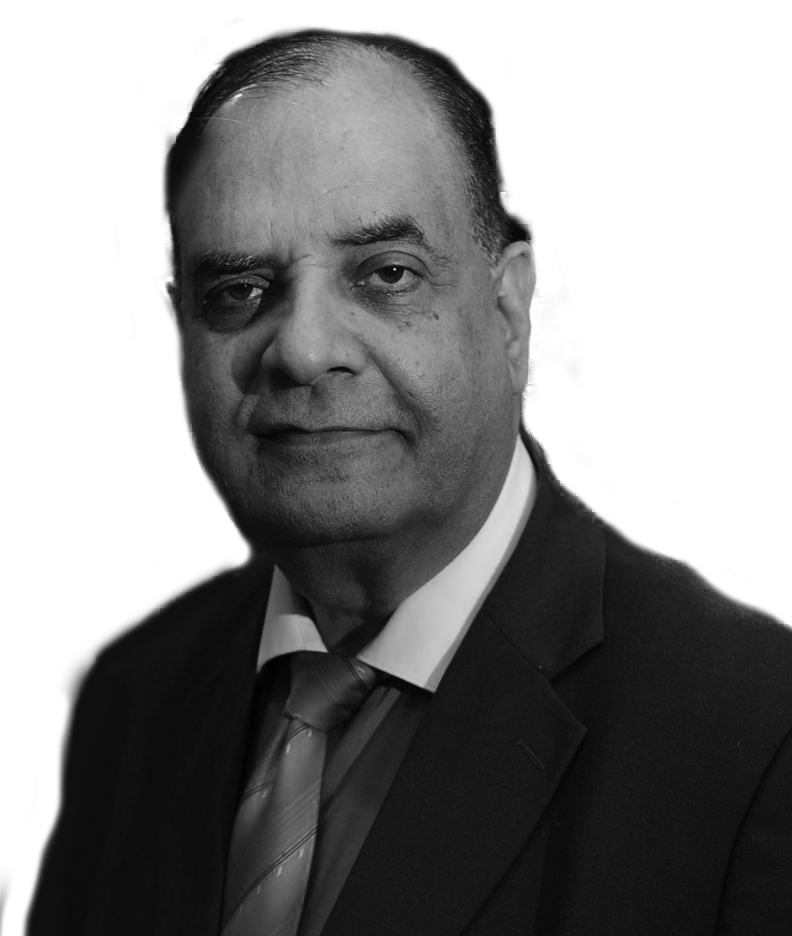Prashant Kishor will travel across Bihar to understand the problems of the state. He is showing signs of forming a party.
NEW DELHI: There is a long tradition of social, religious and political travels. According to the ideals of Mahatma Gandhi, the goal of the padyatra of Vinoba Bhave and Jai Prakash Narayan after independence was not at all to gain power on their own or to form their own party. With the importance of the principles of Gandhi and Jayaprakash, while actively being involved in politics, the longest journey for socio-economic change was done by Chandrashekhar in 1983. Starting from Gandhi Mandapam in Kanyakumari, it was a historic Bharat padyatra of about 6,300 kilometers which went through different states, villages, towns, and cities of the country, and ultimately to Delhi. He had decided to have only 25 people, but at the insistence of the supporters, he had 50 co-passengers. At the same time, no account was kept of people joining from time to time for two, three, four days on the way. Chandrashekhar had made it clear that this is not a political and party padyatra. Therefore, on the way, too, the local people used to make arrangements for food and drink. Somewhere if someone generously donated some amount, then instead of using it for the party, it was directed to invest in development works in rural areas. This yatra was done with the goal of understanding the problems of the country closely and socio-economic awareness in different areas. Apart from being a journalist, I was also interested in the experiences of this trip because my father’s brother, i.e my uncle (Omprakash Arya) was involved in the trip to India. He was involved in socio-political activities after serving three to four decades in the field of education and was defeated in the 1980 election, while contesting against Arjun Singh in Madhya Pradesh on the insistence of the Janata Party. More than politics, he was interested in campaigning on the issues of society and nation. That’s why he didn’t contest any election later. Even today, in the village away from the city he lives in a farm and loves to read and write things.
The mention of Chandrashekhar’s visit to India is necessary because, after being the head of a corporate company and advisor to the political parties and leaders of conflicting ideologies, Prashant Kishor will travel in Bihar to understand the problems of the state and has shown signs of forming a party. Mahatma Gandhi was born in Gujarat, studied in England and reached Champaran in India to fight for the problems of farmers after fighting a legal battle for the people in Africa, whereas Prashant Kishor originally grew up in Bihar and then went abroad coming back with some knowledge. Then he was a government advisor to Bihar Chief Minister Nitish Kumar and was vice-president of the party and had the certificate of BJP’s campaign advisor. Many people are remembering his clout in the selection of the candidates for Janata Dal in the 2020 Legislative Assembly. Later, he was expelled from the party after not getting many shares in the party’s power. But with his corporate company and tact, he became an advisor to Mamata Banerjee and Trinamool Congress for election campaigns. Nevertheless, after the heavy defeat of the Congress in Bengal, Prashant Kishor not only showed the direction to the party, but also demanded all rights. After weeks of wrangling, the Congress sent PK off by overturning his offer, then PK publicized a dramatic decision to find his new path in Bihar. Prashant Kishor, who is said to be smarter than Arvind Kejriwal in his campaign and marketing, after understanding the socio-economic conditions in Bihar, wants to put a chariot of the party in the elections.
Certainly in a democracy, any person has the right to contest elections, and form a party. Bihar has always been the evolution center of slogans, manifestos, promises of politics, social revolution, economic revolution etc. The future political step has been announced by Prashant Kishor, consisting of 3,000 kilometers of padyatra and about 18,000 people already selected by his company. Experts in the politics of Bihar and the whole country are surprised that Prashant Kishor, an international scholar, who had shown path to the Bihar government, which has earned or spent crores of rupees, for several years, then now what is the point of doing something new? He has now come out to prove Nitish Kumar a complete failure, completely useless in providing education and health facilities, but when he was taking government facilities, then was he not having any idea about the poor villages and people of Bihar? What is his ideology? BJP, Congress, Trinamool Congress, Janata Dal or regional parties of southern states have different ideas, principles, and goals, will their coming together be able to do socio-economic welfare of Bihar?
On the basis of their experience and image in Indian politics, many names have reached the public. But T.N. Seshan, the leader of electoral reform among non-political people, had sufficient knowledge and experience of administration and socio-economic matters but was defeated in 1999 after contesting Lok Sabha elections from Gandhinagar as a Congress candidate. Rajmohan Gandhi, the successor of Mahatma Gandhi, lost the election from Delhi while being the candidate of the Aam Aadmi Party. As far as parties are concerned, from J.B. Kriplani, Ram Manohar Lohia to Chandrashekhar, Subramanian Swamy, Deve Gowda, Sharad Yadav, Mulayam Singh Yadav, Lalu Prasad Yadav, Nitish and many other leaders have been forming parties successfully and unsuccessfully. Those people had an idea of the socio-economic conditions of the country and abroad including that of Bihar; still could not get complete success in the solution. However, PK’s padyatra can also be called an experiment in India.
The writer is editorial director of ITV Network—India News and Dainik Aaj Samaj.

